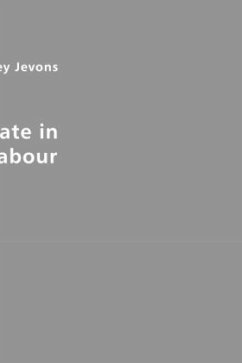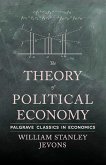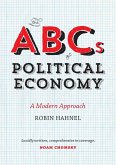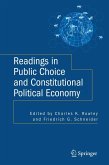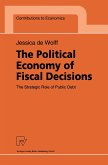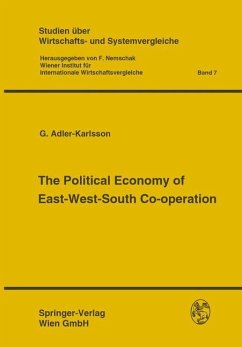William Stanley Jevons (1835-1882), English economist and logician, was one of three men to simultaneously advance the
so-called "marginal revolution." Jevons' work The Theory of Political Economy (1871), along with similar discoveries made by Carl Menger
in Vienna (1871) and by Léon Walras in Switzerland (1874), marked the opening of a new period in the history of economic thought. Jevons
studied chemistry and botany at University College, London. Because of the bankruptcy of his father's business in 1847, Jevons left
school to take up the position of assayer at the Mint in Sydney, Australia. Returning to England in 1859, he published General
Mathematical Theory of Political Economy , and in 1863 Pure Logic , wherein he improved the symbolic logic schema pioneered by George
Boole and his teacher Augustus De Morgan. Three years later he was appointed Professor of Logic and Philosophy at Owens College,
Manchester, and in 1876 he was glad to exchange theOwens professorship for the professorship of political economy in University
College, London.
so-called "marginal revolution." Jevons' work The Theory of Political Economy (1871), along with similar discoveries made by Carl Menger
in Vienna (1871) and by Léon Walras in Switzerland (1874), marked the opening of a new period in the history of economic thought. Jevons
studied chemistry and botany at University College, London. Because of the bankruptcy of his father's business in 1847, Jevons left
school to take up the position of assayer at the Mint in Sydney, Australia. Returning to England in 1859, he published General
Mathematical Theory of Political Economy , and in 1863 Pure Logic , wherein he improved the symbolic logic schema pioneered by George
Boole and his teacher Augustus De Morgan. Three years later he was appointed Professor of Logic and Philosophy at Owens College,
Manchester, and in 1876 he was glad to exchange theOwens professorship for the professorship of political economy in University
College, London.

